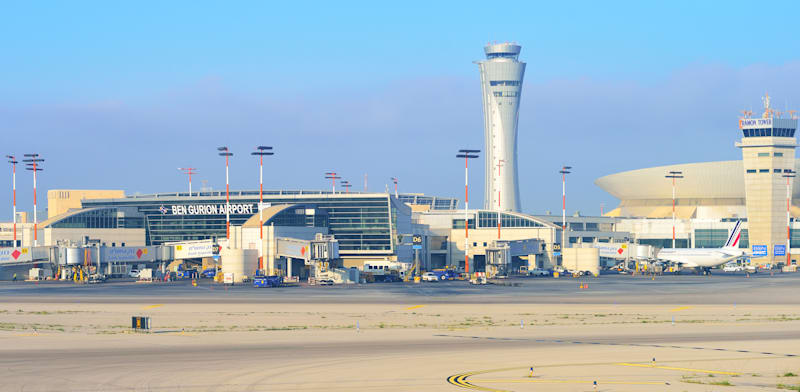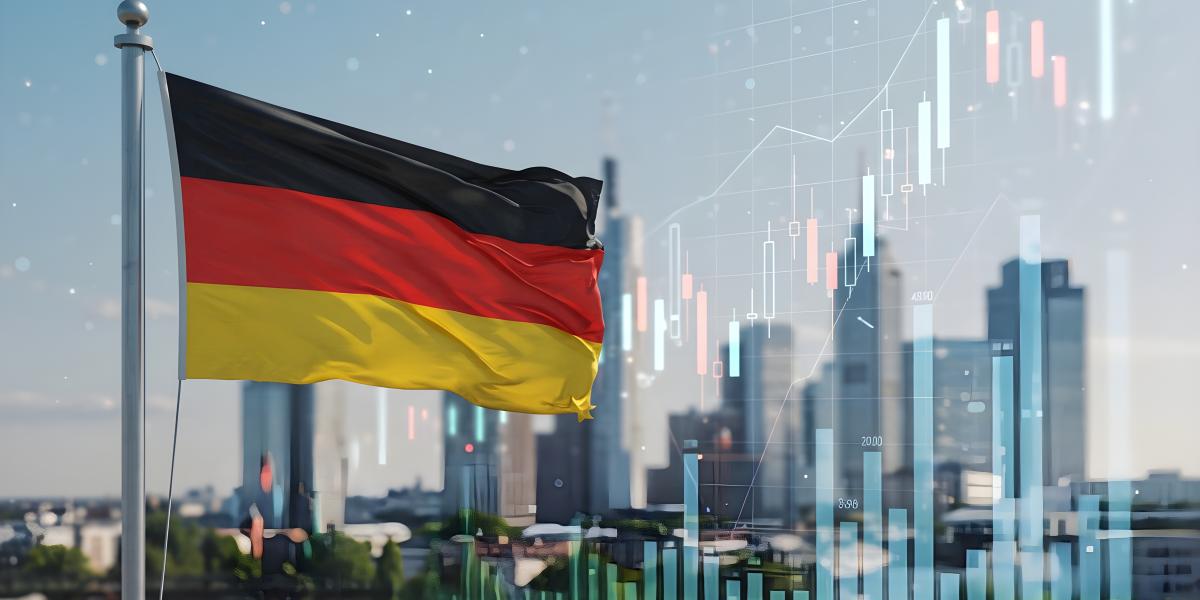When President Trump returned to the White House his intention was clear: Make America Great Again. But the United States’s economic partners, and some of its rivals, are also benefitting from having the unorthodox showman back in the Oval Office.
Investors are watching the U.S. stock market with both enthusiasm and trepidation: The S&P 500 is up 15% over the past year, Treasuries have remained relatively steady, and the Fed’s monetary policy is expected to begin a downwards trajectory.
But overlaying the strong fundamentals are questions: Is the soaring growth of the Magnificent 7 stocks overvalued on the unfulfilled promises of AI? Will Trump’s unusual foreign policy materially damage the domestic economy? And where might the true winners of the artificial intelligence race emerge from?
Increasingly, investors are answering those questions by diversifting into a key region says Willem Sels, the global chief investment officer for HSBC’s global private bank. That region is China.
America continues to prove to its economic resilience and earnings deliverables, Sels told Fortune in an exclusive interview, but geopolitical uncertainty is pushing investors towards balancing risk with other regions.
Traditionally, the question of political influence over portfolios has centered on emerging markets, said Sels, but over the past few years that has moved into developed markets as well. As such, diversification has become more of a focus—particularly for business owners looking to spread risk between the economy they operate in and the assets used to protect their wealth.
“When a client comes in the door … the first discussion is please build a global portfolio. Maybe try to have as little as possible in your home country if you already have your business here, because that’s diversification,” Sels said. “Clearly the debate over the last few months was about, will there be diversification away from the U.S.? And there are a number of elements to that.”
Part of the question is how dominant U.S. Big Tech has become in equity markets, with the Magnificent 7 stocks (Alphabet, Amazon, Apple, Meta, Microsoft, Nvidia and Tesla) providing most of the growth. As such, if these stocks hiccup it can have major ramifications for portfolios.
“Clearly you potentially need to do something around that … to diversify,” Sels said, “We highlight things like make sure that you don’t only have the growth stocks but have some value stocks, do some sector diversification, do some geographical diversification and so on.
“The other thing that triggered that diversification discussion obviously was the rapid policy changes in the U.S., and the growth of the debt pile, which led people to ask the question, is there a de-dollarization story and what does that mean in terms of my portfolio and other people’s portfolio? What we’ve seen in the data is that there have been two months or so where there were some outflows out of bonds and equity markets, but that has not lasted—to a large extent because policy has become a little bit clearer.”
Safe haven out of Europe and into China
“People are adding a little bit to other regions, adding a little bit to other sectors to be less concentrated in the U.S. market, but they are not fleeing away from it,” Sels continued. “There was enthusiasm for European stocks, but it was very short-lived. The Asian investors over the last 15 [to] 20 years that I’ve been going there find it very hard to get excited about Europe.”
Part of the problem is that these investors don’t see as many new or emerging companies which could materially change the European economy, and there’s also the issue of brand recognition beyond companies like LVMH and BMW, Sels said.
“This is the first time that we’re again seeing flows from Europe into China,” Sels added. “That is to a large extent because of the AI trade that people want to play, and then secondly this concept of anti-involution … with the supply side reforms which would address the issue of overcapacity, therefore the deflation issue and therefore the earnings growth, because what you have in China is a lot of very competitive companies … therefore they have no pressing power and therefore earnings growth has been reasonably weak.”
China has signaled a shift in priorities to address involution, with the country’s Central Finance and Economic Affairs Commission telling President Xi Jinping in a meeting last month that Beijing must “focus on key and difficult issues, regulate enterprises’ disorderly and low-price competition” and “guide enterprises to improve product quality and promote the orderly exit of outdated production capacity.”
Beijing is no stranger to the issue. In 2015 the government launched similar action to address overcapacity, particularly in key regions like steel and coal, in order to boost corporate profitability.
Flash forward to 2025 and “they’re now addressing that,” Sels said, “Therefore we think that earnings expectations will go up … one of the main obstacles for our clients had been the belief that [Chinese companies are] over-competing and therefore your earnings are not there, the economic growth is potentially there, but your earnings are not there.”
“That’s now changing, so we’re seeing flows back and obviously also encouraged by ‘How can I diversify my big U.S. trunk of assets?’”
AI discount
With discussions about diversification out of U.S. remaining active, China seems to have emerged as the region to balance that risk, Sels said. And Beijing’s typically lower share prices also offer the category of the moment, AI, at a bargain.
In a note published last week, HSBC noted that within the AI ecosystem, infrastructure stocks are outperforming enablers and adopters—at 22.2% versus 11.3% and 13.5% since July. Indeed, this week Chinese chipmaker Cambricon Technologies briefly became the country’s most expensive stock, surging 10% on Wednesday to 1,465 yuan ($204.62). At the time of writing, the share price has dropped back but is up 112% for the year to date.
And while Cambricon exemplifies the more expensive end of the scale, Sels highlights that other equivalents to U.S. stocks can be found at a “30 to 40% discount.”
“We’re basically saying, listen, don’t just look at the chips makers but also look at the guys that build out the infrastructure around it. The guys that build out the energy, the electricity supply around it, the robotics and automation where it is not just a matter of we move the data a little bit—this is real, big innovation. And so by diversifying throughout the AI ecosystem, I think you address a little bit the question about valuations.”
China’s stock market is soaring: The SSE Composite Index is up 33.4% over the past year while the S&P 500 is up 14.9%. While the growth in China is marked, HSBC’s research points out U.S. AI-related capex (driven by the “Big 4” of Amazon, Alphabet, Microsoft, and Meta along withStargate and other private companies) are outspending China’s “Big 4” (Alibaba, ByteDance, Tencent, and Baidu, as well as telecom services companies) by eight to 10 times.
Moreover, HSBC’s research adds: “U.S. firms achieve higher returns on AI capex, with cloud platforms generating significantly more revenue than their Chinese counterparts – close to USD $400bn in the U.S. vs. USD $60bn in China in 2024, according to Statista.”
So while clients may be balancing against over-reliance on American companies, Sels said, the upside fundamentals of the U.S. remain strong—enough so to take a recession off the table. Indeed, while blips in tech stocks recently led to questions over an AI bubble, the HSBC boss remained bullish: “We certainly think that that AI liftoff is structural in nature.”

























